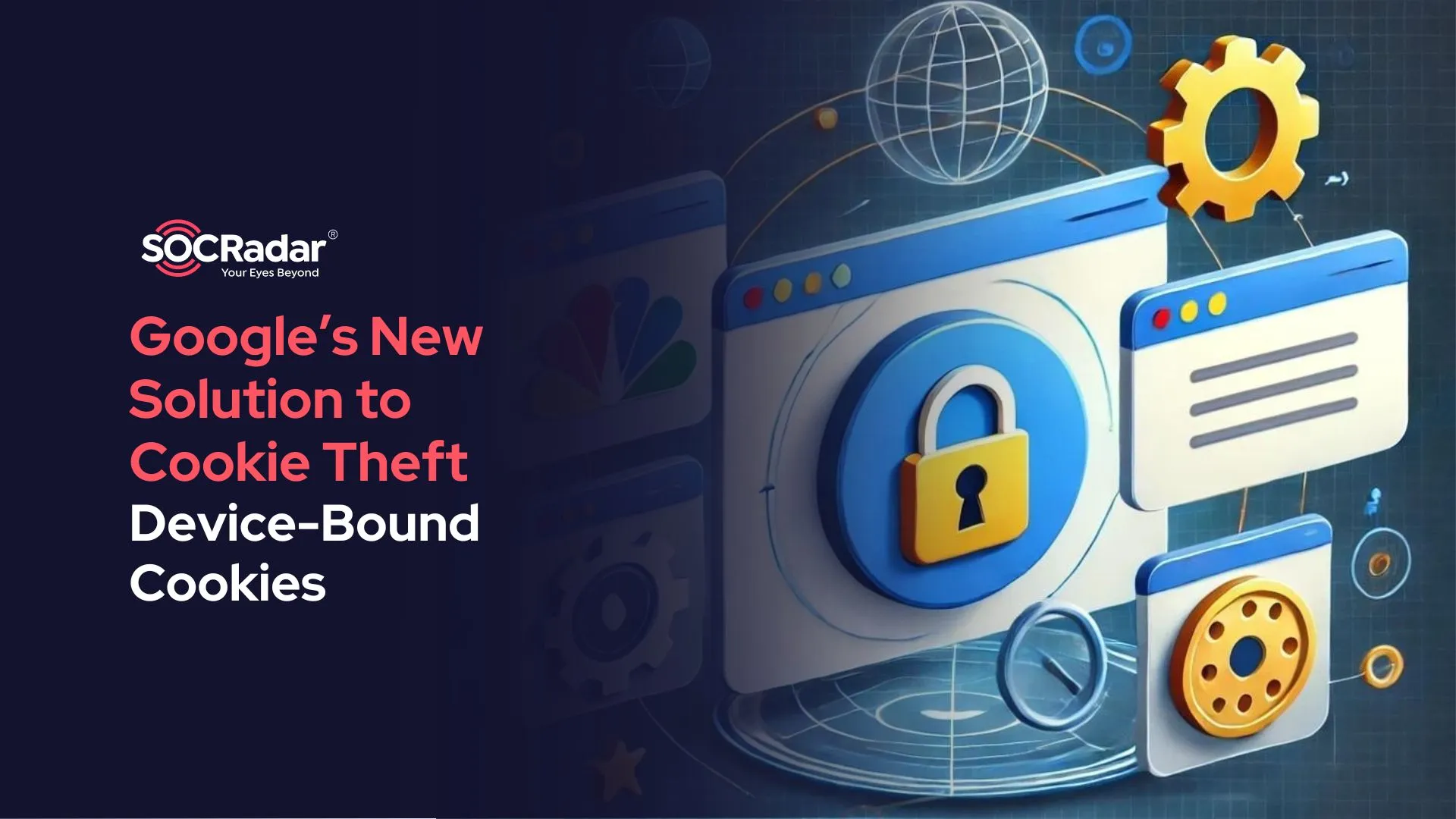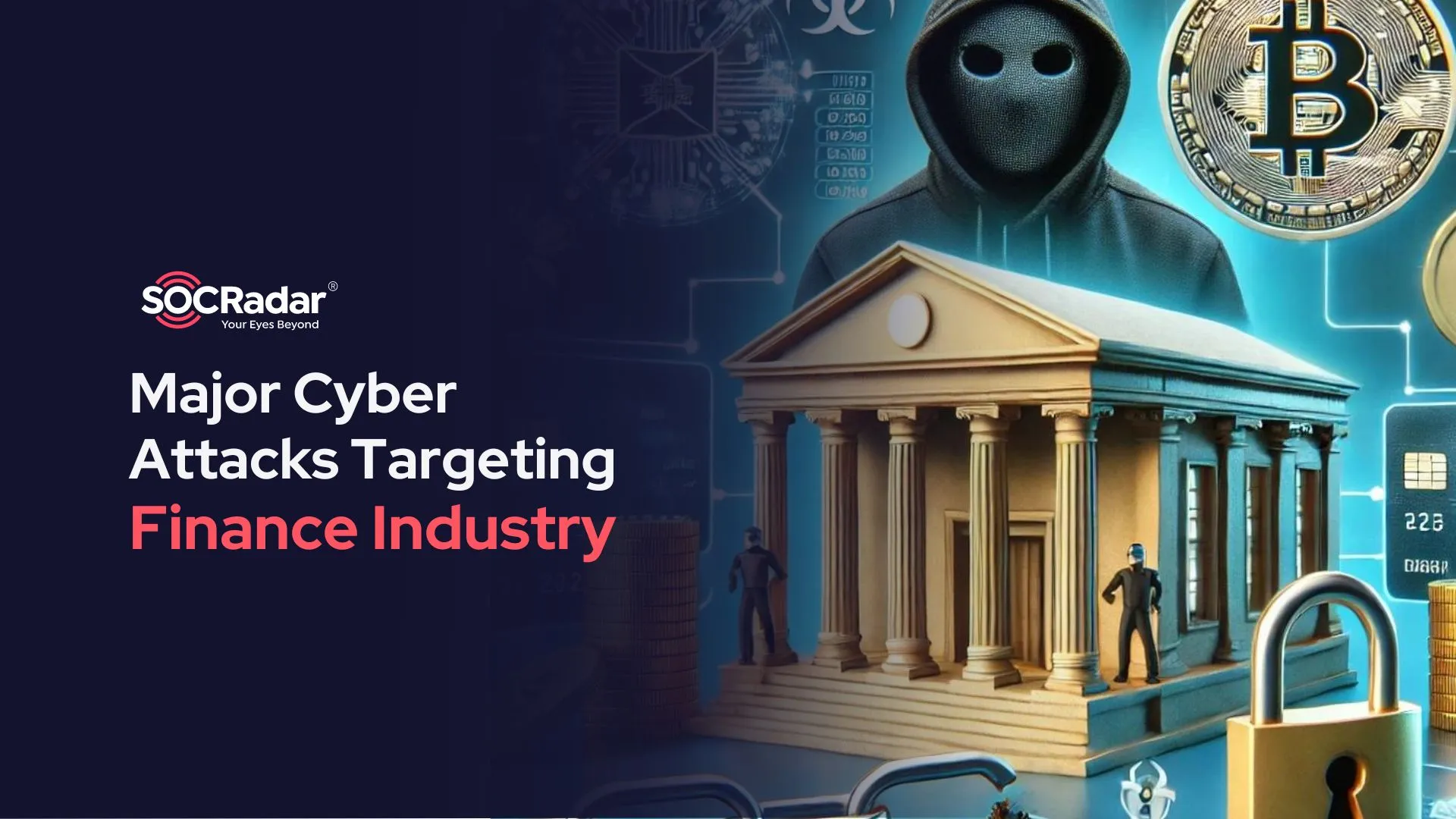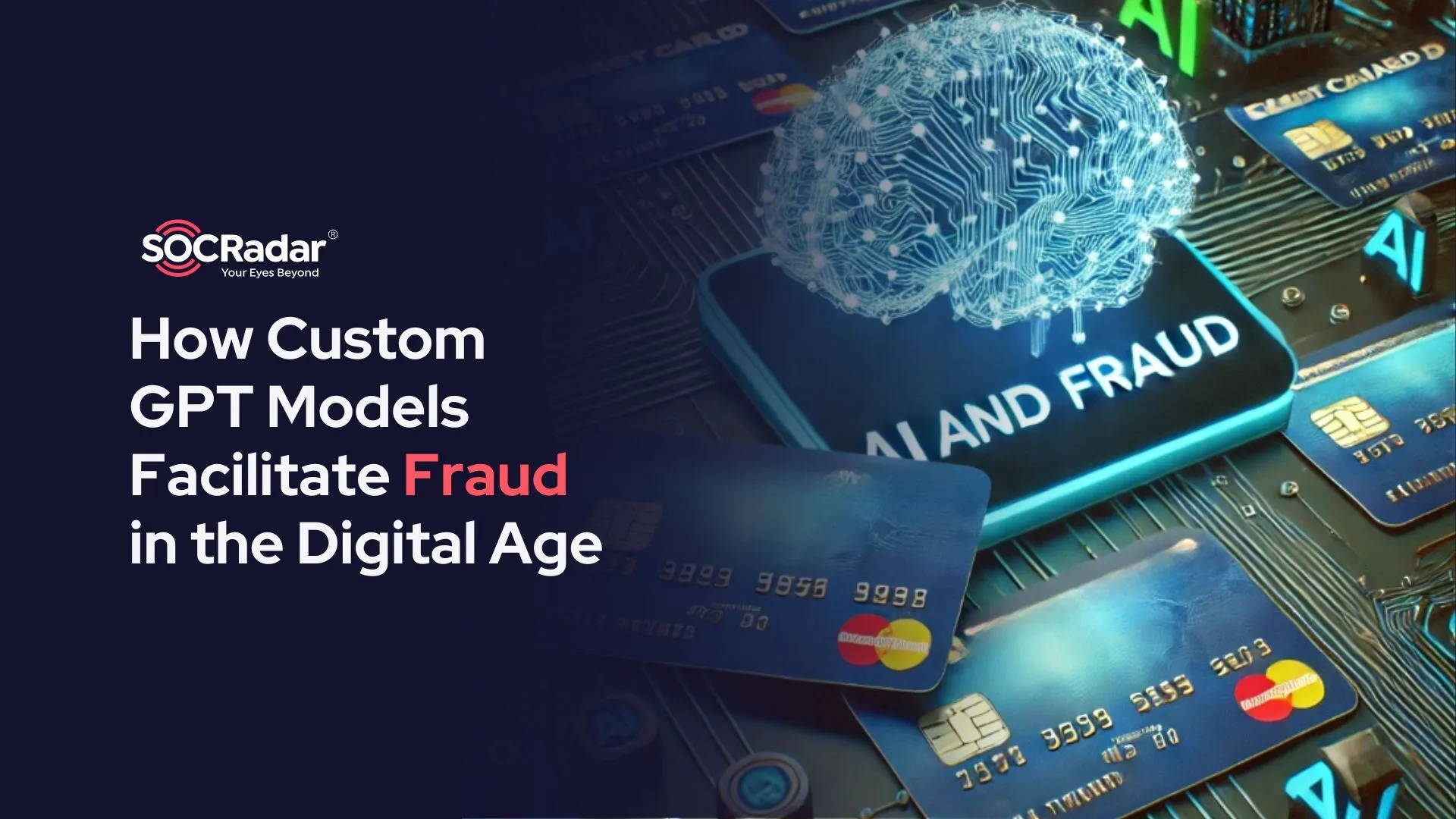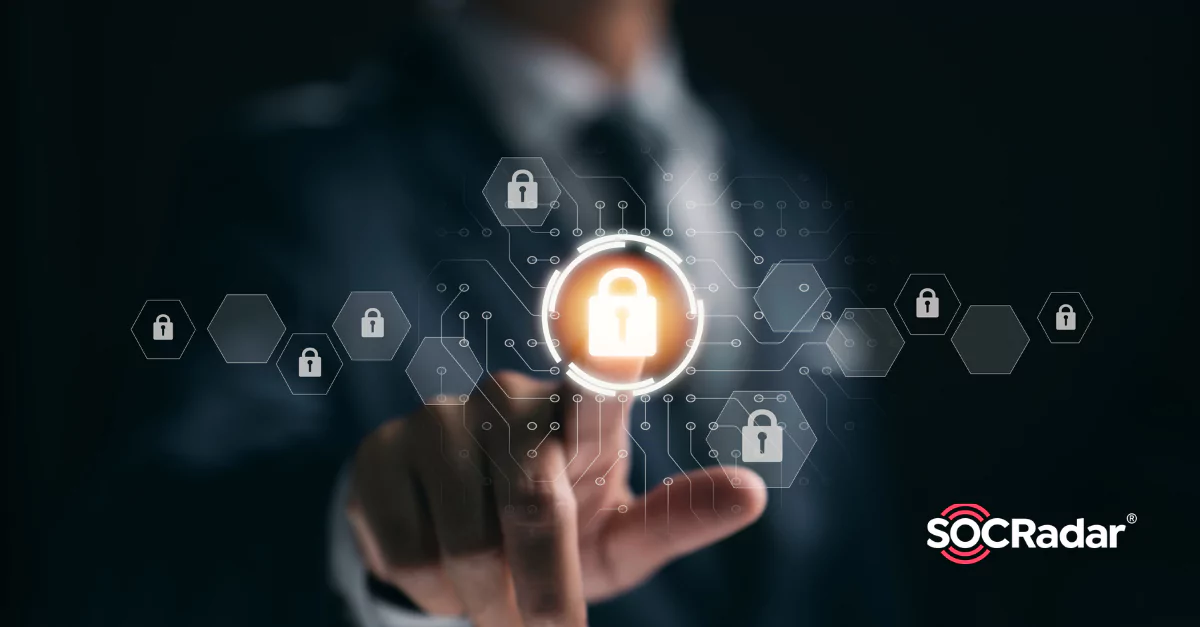
How to Maintain Your Online Security? (2023 Edition)
If you’re concerned about your online security and getting more nervous about that, that’s entirely normal. Every day we hear the news about data breaches and cyber-attacks happening. Some people think that’s only companies’ or governments’ issues. But, if you look closer, you can see how they affect your everyday life. We compiled five simple online security precautions for you.
5 Simple Things to Maintain Online Security
1. Install an antivirus and keep it updated.
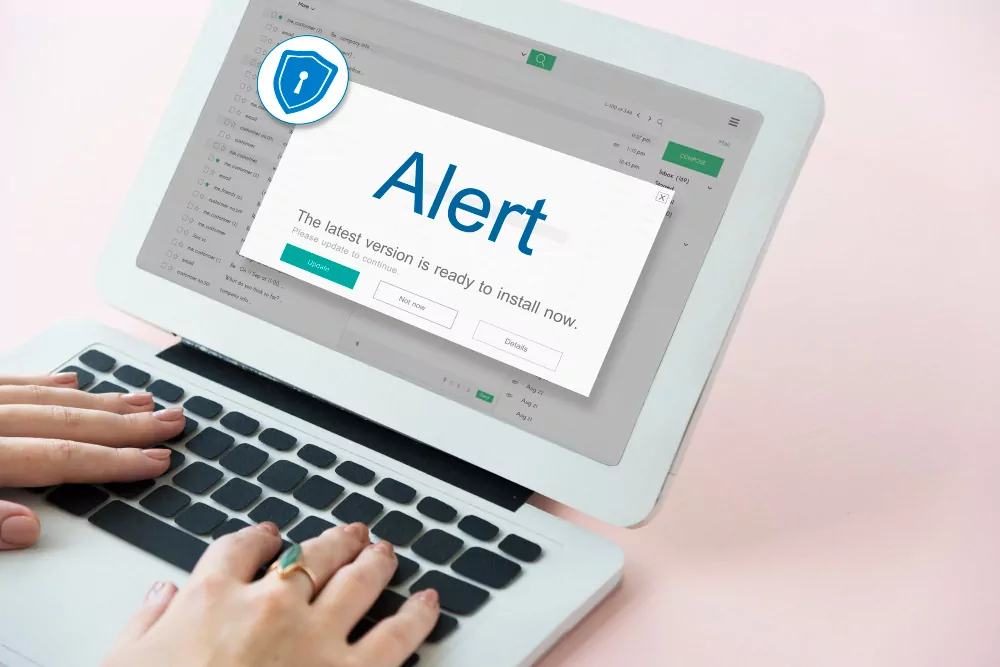
Ransomware encrypts your files and demands money in exchange for their recovery. Trojan horse applications appear to be legitimate apps, but they steal your personal information behind the scenes. Bots transform your computer into a zombie army soldier, ready to launch a denial-of-service assault, spam, or do anything the bot herder wants. These, and many other types of malware, are all protected by a good antivirus.
In principle, you can set your antivirus protection and forget about it, allowing it to hum around in the background, download updates, and so on. In practice, you should review it regularly. Most antivirus programs display a green banner or icon when everything is in order. Follow the directions to get things back on track if you open the utility and see yellow or red.
Consider adding a separate layer of protection if your antivirus or security suite does not include ransomware protection. Many ransomware-specific utilities are completely free, so there’s no reason not to try a couple and see which one works best for you.
2. Use unique passwords for every login.
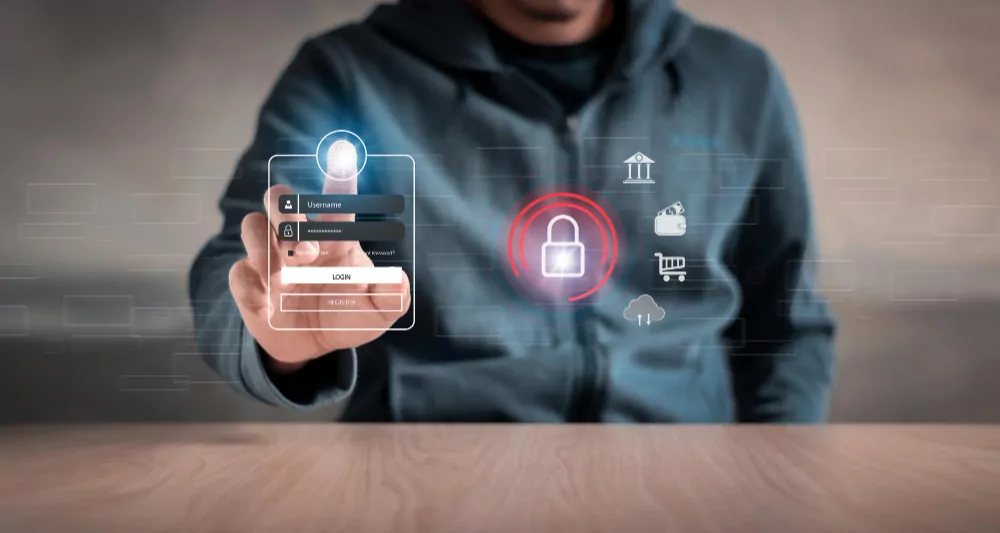
Getting a batch of login and password combinations from one source and trying those same combinations elsewhere is one of the easiest ways for hackers to obtain information. Let’s imagine hackers gained access to your account and password through a breach of an email provider. They might try to get into banking websites or large online retailers with the same username and password. The single most effective technique to prevent a data breach from spreading is to create a solid and unique password for every online account you have.
Creating a unique and strong password for each account is very hard. That is why you employ the services of a password manager. Several excellent password managers are available for free, and getting started with one takes only a few minutes. On the other hand, password managers that are paid for usually have more functionality.
When using password management, the only password you need to remember is the master password that unlocks the password manager. It instantly logs you in to your online accounts when you unlock the password manager. This not only makes you safer, but it also makes you more efficient and productive. You don’t have to waste time typing your passwords or dealing with the aggravation of resetting a lost password.
3. Use two-factor authentication.

Although two-factor authentication is inconvenient, it significantly improves the security of your accounts. To gain access to your accounts, you must pass the second layer of authentication in addition to your login and password. You should use two-factor authentication if the data or personal information in an account is essential or valuable, and the account allows it. Two-factor authentication is available in some online applications, including Gmail, Evernote, and Dropbox.
Two-factor authentication confirms your identity by employing at least two separate types of identification: who you are, what you have, and what you know. Naturally, the password is something you already know.
Something you are could refer to fingerprint or face recognition authentication. It’s possible that you have something with you, such as your cell phone. You might be prompted to text a code or press a confirmation button on a mobile app to authenticate your identity. A physical Security Key might also be something you possess; Google and Microsoft have declared a push toward this type of authentication.
4. Back up your data.

There will always be a danger that your data will be compromised, no matter what precautions you take. It’s vital that you’re not just password-protected but also back up your data. Many people underestimate the need for backup in protecting themselves from a data intrusion. You will be much better prepared to deal with these situations if you take the time to back up your data today.
5. To ensure that URLs are legitimate, hover over them before clicking.
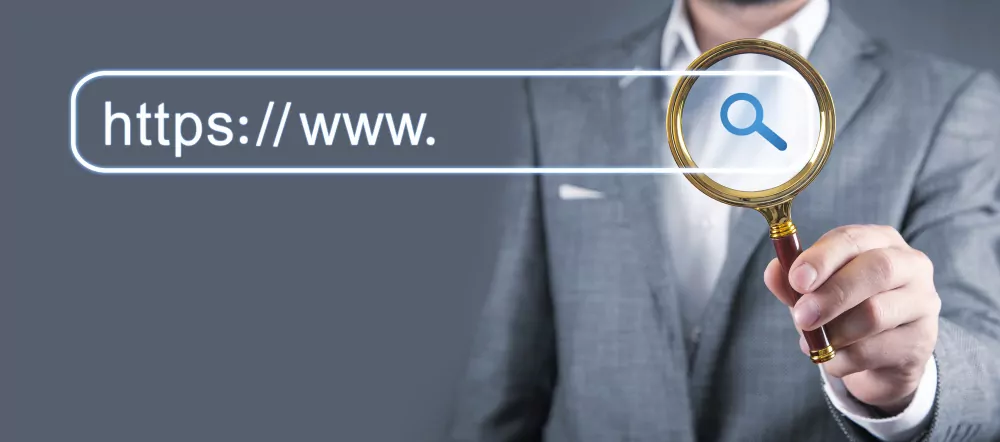
With coronavirus fear tactics, social engineering strategies are in vogue. Emails purporting to come from doctors, for example, have been loaded with malware.
Here are some online security suggestions:
- Be wary of online requests for personal information.
- Double-check links by hovering your mouse over the URLs to make sure they’re valid.
- Stay away from emails that demand immediate action.































